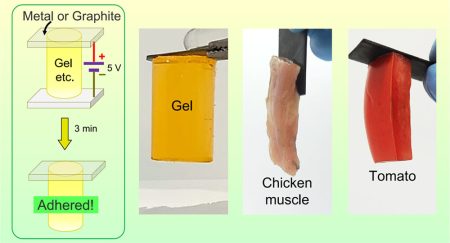 Biofuels seems to be the word on everybody’s lips today, and for good reason. It’s necessary that people understand the benefits and importance of this development, as it could be a huge step in protecting our resources and planet. Fortunately, some breakthroughs have been made which give us confidence that things are moving (slowly, but pretty sturdy) in the right direction.
Biofuels seems to be the word on everybody’s lips today, and for good reason. It’s necessary that people understand the benefits and importance of this development, as it could be a huge step in protecting our resources and planet. Fortunately, some breakthroughs have been made which give us confidence that things are moving (slowly, but pretty sturdy) in the right direction.
However, it’s not only towards the future that we have to look at; the past is pretty important too. Scientists are trying to revive and older technology, called gasification. It was abandoned about 30 years ago, but due to the development of nanotechnology it could prove to be very useful. The benefit of this technology is that it can be used in a variety of applications, virtually everywhere.
Gasification is a process in which carbon-based feedstocks in an oxygen controlled atmosphere at a high temperature and pressure are transformed into synthesis gas, or syngas. This syngas is made of mostly carbon monoxide and hydrogen and a smaller amount of carbon dioxide and methane. It’s a technique that’s almost similar to that used to extract the gas from coal.
“There was some interest in converting syngas into ethanol during the first oil crisis back in the 70s,” said Ames Lab chemist and Chemical and Biological Science Program Director Victor Lin. “The problem was that catalysis technology at that time didn’t allow selectivity in the byproducts. They could produce ethanol, but you’d also get methane, aldehydes and a number of other undesirable products.”
“The great thing about using syngas to produce ethanol is that it expands the kinds of materials that can be converted into fuels,” Lin said. “You can use the waste product from the distilling process or any number of other sources of biomass, such as switchgrass or wood pulp. Basically any carbon-based material can be converted into syngas. And once we have syngas, we can turn that into ethanol.”
The research is funded by the DOE’s Offices of Basic Energy Sciences and Energy Efficiency and Renewable Energy.








